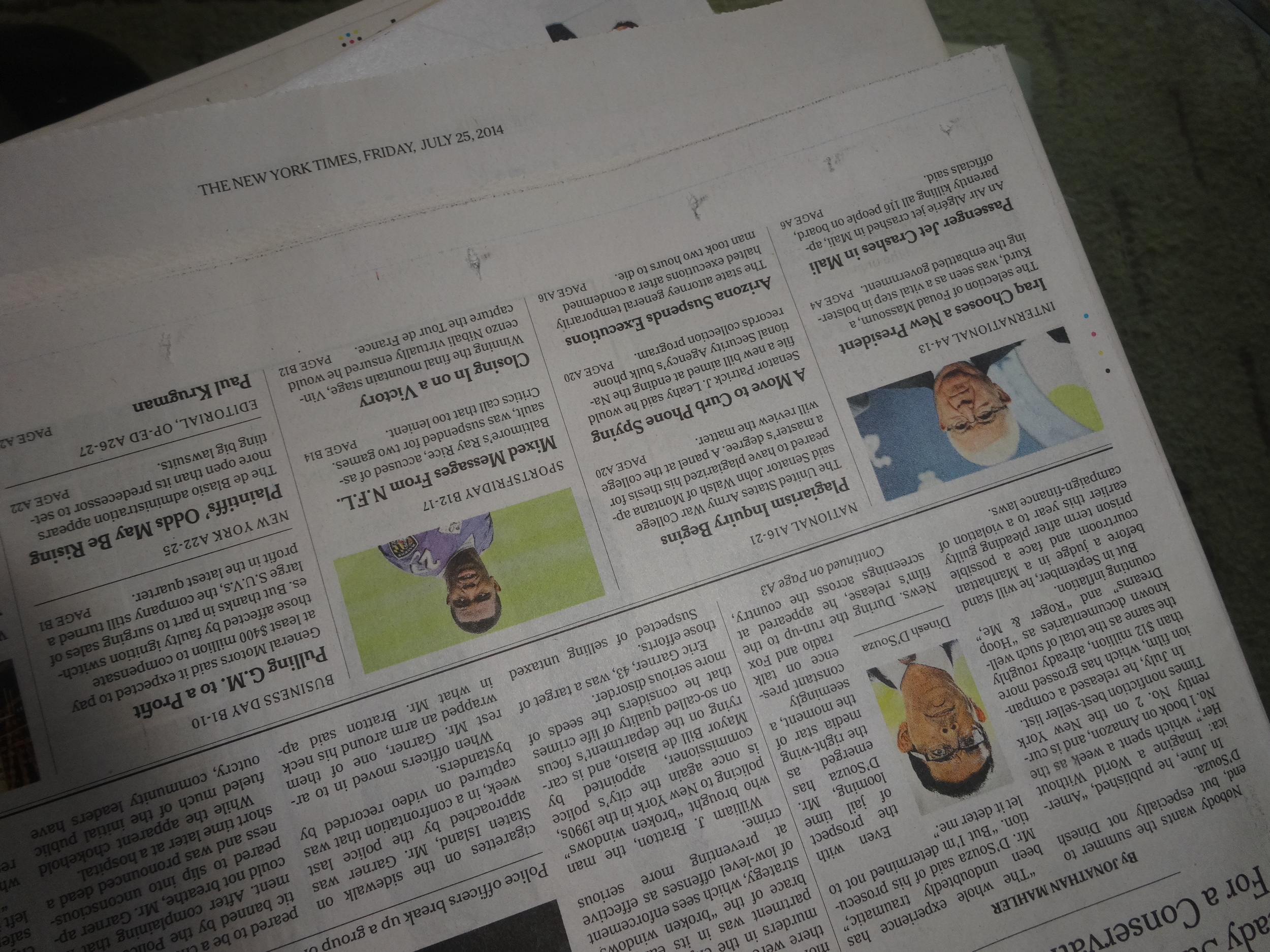We have no television, never have, never will. Although it's nice to save a few dollars on cable, that's not why. And don't get me wrong, we love good movies and do watch them. What I'm really talking about is a totally different reason for not having television, the one that Waldorf schools have advocated all along. Television with its massive amounts of manipulative commercials that constantly disrupt programs and the stream of thought, and with all those pictures of ugly events, from natural disasters to man-made ones, creates a distorted and highly negative picture of the world. Weather predictions, too, are designed to create hype. Think of the nervous anticipation the weather people create before a winter storm or a heat wave (and sometimes nothing much manifests and you could have spared yourself all that adrenaline). When, on top of that you hear the same story repeated over and over and over over the course of a day or two or three the nervy effect is cumulative and highly toxic.
Not only does it feed our anxiety level, another consequence is our heightened need for safety and security to compensate for this seemingly dangerous world. Think of it, teachers wish the kids a "safe summer" before summer vacation. When friends go travelling we wish them a "safe trip." And we hover over our children, taking opportunities away from them to grow and become independent, assess risks on their own, learn to get themselves into a situation and back out. Remember when you were young? I bet you were more independent than your own children are now.
Call me old fashioned, but I prefer by far my paper newspaper. I can skim over the ugly stuff, filter it, or read it without that frenetic anxious energy of live on-screen reporting. Without television the energy in our home is a lot more peaceful.


